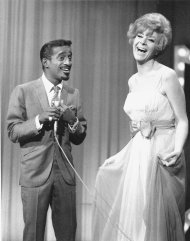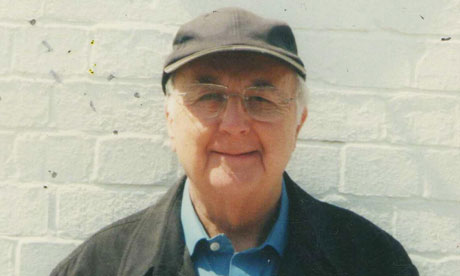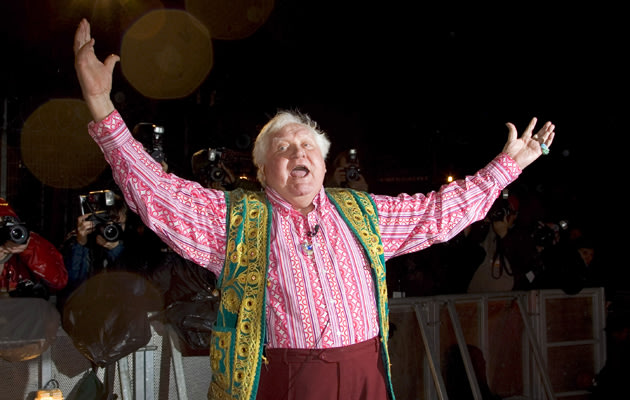Singer and actress Kaye Stevens, who performed with the Rat Pack and was a frequent guest on Johnny Carson's "The Tonight Show," has died at a central Florida hospital. She was 79.
Close friend Gerry Schweitzer confirmed that Stevens died Wednesday at the Villages Hospital north of Orlando following a battle with breast cancer and blood clots.
Stevens, a longtime South Florida resident, performed with Rat Pack members including Frank Sinatra, Dean Martin, Sammy Davis Jr. and Joey Bishop. She also sang solo at venues like Caesar's Palace in Las Vegas and the Plaza Hotel's Persian Room in New York City.
During the Vietnam War era, Stevens performed for American soldiers in the war zone with Bob Hope's USO tour.
According to a handout from friend Rhonda Glenn, Stevens was born Catherine Louise Stephens in Pittsburgh. Her family eventually moved to Cleveland, where a teenage Stevens got her start as a drummer and singer. She later married now deceased bandleader and trumpet player Tommy Amato, and the couple performed throughout the eastern U.S.
During a gig in New Jersey, Stevens was discovered by Ed McMahon, Carson's longtime sidekick, which led to new bookings. Her big break came when she was playing a lounge at The Riviera Hotel in Las Vegas. Debbie Reynolds became ill and was unable to perform in the main room. Stevens filled in and was an instant hit.
Besides singing, Stevens also acted in film and television. She appeared in six movies, earning a Golden Globe nomination in 1964 for "The New Interns." She was a regular celebrity player on game shows and appeared as a regular on "Days of Our Lives" from 1974-79.
During the past two decades, Stevens started her own ministry and began performing only Christian and patriotic music. She staged benefits to help build St. Vincent Catholic Church in her longtime home of Margate, Fla., where city officials named a park in her honor.
Close friend Gerry Schweitzer confirmed that Stevens died Wednesday at the Villages Hospital north of Orlando following a battle with breast cancer and blood clots.
Stevens, a longtime South Florida resident, performed with Rat Pack members including Frank Sinatra, Dean Martin, Sammy Davis Jr. and Joey Bishop. She also sang solo at venues like Caesar's Palace in Las Vegas and the Plaza Hotel's Persian Room in New York City.
During the Vietnam War era, Stevens performed for American soldiers in the war zone with Bob Hope's USO tour.
According to a handout from friend Rhonda Glenn, Stevens was born Catherine Louise Stephens in Pittsburgh. Her family eventually moved to Cleveland, where a teenage Stevens got her start as a drummer and singer. She later married now deceased bandleader and trumpet player Tommy Amato, and the couple performed throughout the eastern U.S.
During a gig in New Jersey, Stevens was discovered by Ed McMahon, Carson's longtime sidekick, which led to new bookings. Her big break came when she was playing a lounge at The Riviera Hotel in Las Vegas. Debbie Reynolds became ill and was unable to perform in the main room. Stevens filled in and was an instant hit.
Besides singing, Stevens also acted in film and television. She appeared in six movies, earning a Golden Globe nomination in 1964 for "The New Interns." She was a regular celebrity player on game shows and appeared as a regular on "Days of Our Lives" from 1974-79.
During the past two decades, Stevens started her own ministry and began performing only Christian and patriotic music. She staged benefits to help build St. Vincent Catholic Church in her longtime home of Margate, Fla., where city officials named a park in her honor.
 In this Jan. 6, 1967 file photo, Sammy Davis Jr. and Kaye Stevens perform on a TV show. Stevens a singer, actress, and longtime South Florida resident who was a frequent guest on Johnny Carson's "The Tonight Show," has died at a central Florida hospital. She was 79.
In this Jan. 6, 1967 file photo, Sammy Davis Jr. and Kaye Stevens perform on a TV show. Stevens a singer, actress, and longtime South Florida resident who was a frequent guest on Johnny Carson's "The Tonight Show," has died at a central Florida hospital. She was 79.

















